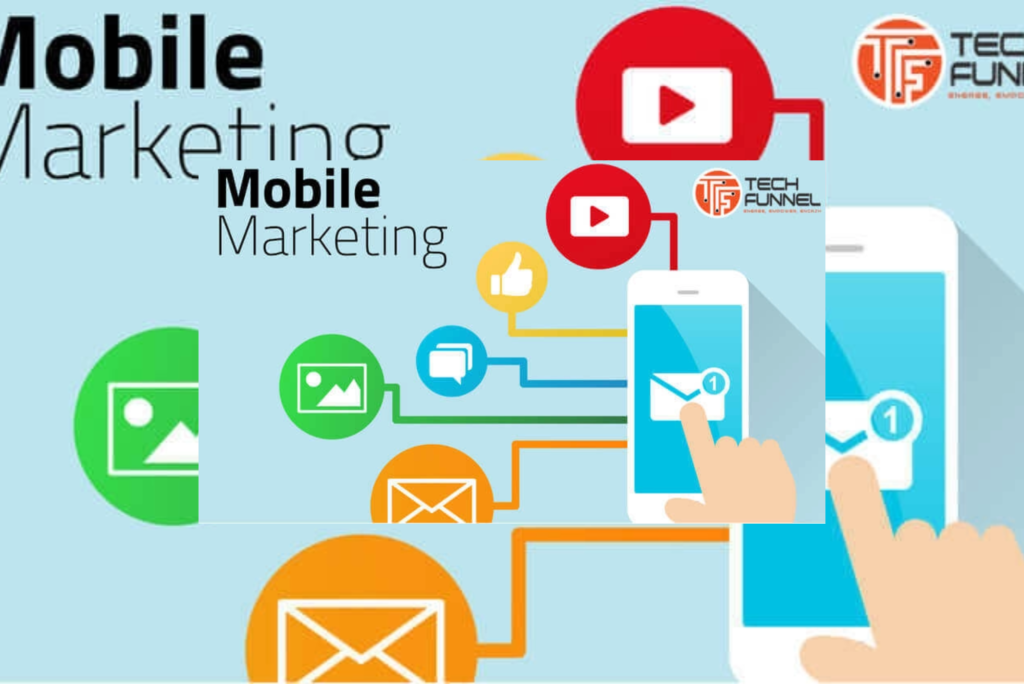Digital Marketing Channels
Digital marketing has revolutionized the way businesses connect with their audiences, offering a plethora of channels to explore and leverage. Understanding these channels and their nuances is essential for crafting a robust online presence and reaching target demographics effectively.
Engine Optimization (SEO)
SEO remains a cornerstone of digital marketing, encompassing strategies aimed at enhancing a website’s visibility in search engine results. From keyword optimization to quality content creation and backlinking, mastering SEO tactics is crucial for organic traffic growth and sustained online success.

Pay-Per-Click (PPC) Advertising
PPC advertising allows businesses to bid on ad placement in search engine results and pay a fee each time their ad is clicked. With precise targeting options and measurable results, PPC campaigns can drive qualified leads and conversions, making it a valuable component of digital marketing strategies.
Social Media Marketing
Social media platforms provide unparalleled opportunities for businesses to engage with their target audiences on a personal level. Through strategic content creation, community building, and influencer partnerships, brands can cultivate strong online presences and foster meaningful connections with customers.
Content Marketing
Content marketing revolves around creating and distributing valuable, relevant content to attract and retain a clearly defined audience. From blog posts and videos to infographics and ebooks, diverse content formats can drive brand awareness, establish thought leadership, and nurture customer relationships.
Email Marketing
Email marketing remains a powerful tool for nurturing leads, retaining customers, and driving conversions. By delivering personalized and relevant content directly to subscribers’ inboxes, businesses can cultivate long-term relationships and drive engagement at every stage of the customer journey.
Influencer Marketing
Influencer marketing involves collaborating with individuals who have significant online followings to promote products or services. By tapping into influencers’ credibility and reach, brands can amplify their message, expand their audience reach, and foster authentic connections with consumers.
Affiliate Marketing
Affiliate marketing enables businesses to partner with affiliates who promote their products or services in exchange for a commission on sales generated. With its performance-based model, affiliate marketing offers a cost-effective way to expand reach, drive conversions, and maximize ROI.
Crafting a Comprehensive Digital Marketing Strategy
In today’s digital landscape, the key to success lies in embracing a multi-channel approach to marketing. By leveraging the diverse array of digital marketing channels available, businesses can amplify their reach, engage their target audiences, and drive meaningful results that propel growth and success in the digital age.

Al Hidayah Typing Center
Al Hidayah Typing Center is a renowned establishment known for its efficient and reliable typing services. Located in the heart of the city, it caters to individuals and businesses alike, offering a wide range of typing solutions tailored to meet various needs. With a team of experienced professionals and state-of-the-art facilities, Al Hidayah Typing Center ensures prompt and accurate service delivery, making it the preferred choice for all typing requirements. Whether it’s document preparation, typing, or formatting, clients can expect nothing short of excellence from this trusted typing center.





